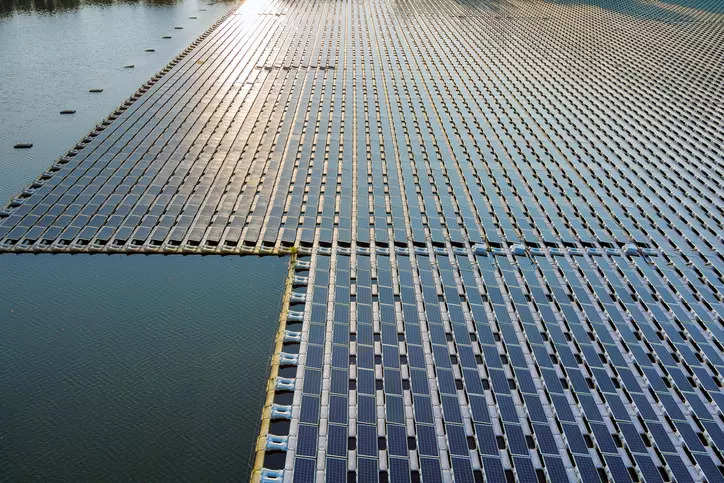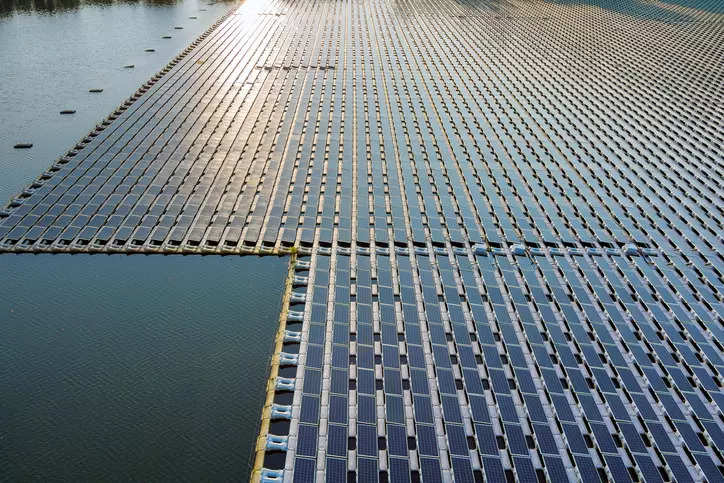
We collectively as a species, through our activities, emit about 50 billion tons of greenhouse gas every year, or about 6.5 tons per person per year. We need to bring this number to zero by the year 2050. Every single thing we do or own emits GHGs, whether it is growing food, producing clothes, or traveling to our offices. Shifting to low-carbon emitting alternatives in every single thing we do on a daily basis is a must. Green premium is the extra amount you
have to pay to buy the greener alternatives.
EV and cement sector
So, for example for a normal mid-range petrol car you would pay 10 Lakh and for an EV you are paying 20 Lakh, that 10 Lakh surplus, or the 100% markup is termed as the green premium. Even though in the long-term, EVs require a lot less maintenance and you save immensely on the petrol cost, people don’t think about those things, they just see the price tags of the two options and assess which one to buy based on the face value.
One of the highest premiums is in the manufacturing industry. Today, making cement and steel in the green way is double the normal price. Around 40% of manufacturing emissions are because of the steel and cement industry. A lot of startups today are focusing on EVs, because of its luring hype but not many people are focusing on this part of the problem, which is much harder to solve. Green cement has shown a lot of promise but is yet to take off because of its exorbitant high cost, both for the sellers and buyers.
How to make the greener alternatives cheaper?
The simple rule of economics is that demand dictates supply. Consumers, companies and shareholders and governments, everyone has a paramount role to play. Investors are demanding companies to be stringent on turning net zero in manufacturing and supply chain activities. The age-old concept known by every marketing professional across the globe, the 4Ps of marketing- product, price, promotion and place can shed light on in which areas are we lagging in. Lack of knowledge and awareness, high prices, availability issues and scantiness of compelling products, are currently plaguing the say-do gap, albeit the high-intent.
Renewable energy today is not only economical but quite popular
Sustainability is a growing concern for Indian consumers. The trigger that has motivated Indian consumers to move towards sustainable products is personal impact whether it is in terms of their own family member’s health due to environmental issues or concerns for their lineage in the coming future.
Never in the history has it been so convenient and easy on the pocket to shift to renewable energy. Technological breakthroughs combined with economies of scale has resulted in it becoming one of the first sectors where green premium is actually in negative! But the prices do matter, Indian consumers especially don’t understand the concept of tradeoff, they want the best quality goods at the cheapest price.
Green commodities are no longer super-expensive and a thing for urban snobbish elites. As a matter of fact, solar energy today is cheaper than electricity derived from coal. While in other sectors, whatever little differences there are in prices, we’ll bridge the gap soon, we are on the right course.
[This piece was written by Samir D’Souza, Assistant Vice President – Business Development, Oorjan Cleantech]


